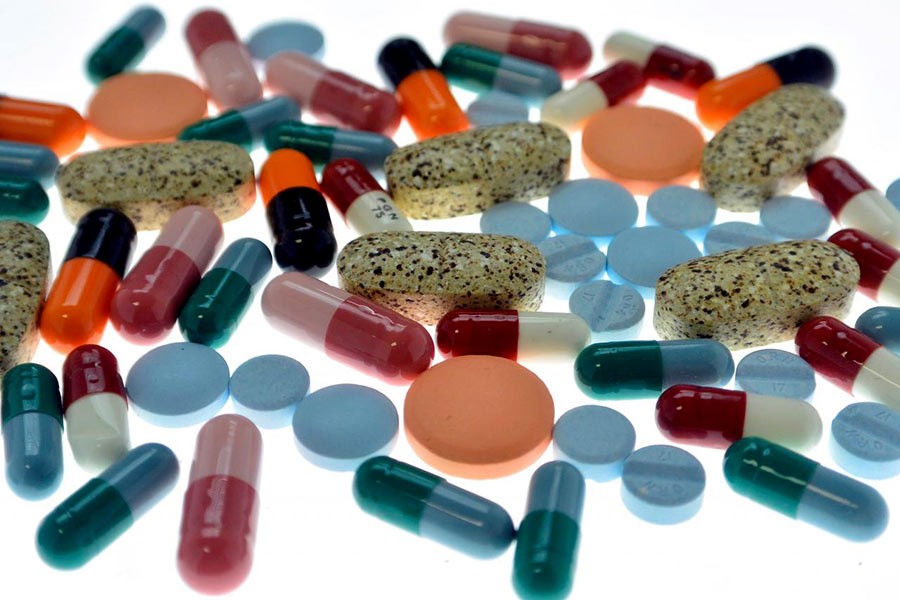Antibiotics save lives and, at the same time, their misuse and overuse put the life of millions at risk. Physicians and enlightened sections of the population are aware of this truth. That such awareness has little effect on the ground is evident from the indiscriminate use of these life-saving drugs in the country. A section of physicians and patients seems oblivious to the harmful effect of unnecessary and overuse of antibiotics. And it is better not to mention the role of the government agencies responsible for regulating the quality and use of medicines. The less said about them is better as they bother least about attending even many urgent medical issues.
However, unwillingness or unpreparedness of any individual or organisation to act or react would not deter the overuse of antibiotics becoming a much bigger problem. Experts speaking at a seminar, organised in Dhaka early this week in observance of the 'World Antibiotic Awareness Week-2018', outlined the dangers of indiscriminate use of antibiotics. Around 300 million people, according to them, are at risk of dying across the globe by the year 2050 as microbes in greater numbers have developed resistance to antibiotics. Though the projection is not any country-specific, the number of such victims in the case of Bangladesh could be substantial given the current state of indiscriminate antibiotic consumption.
Buying antibiotics from the drugstores in this country is as easy as buying anything from roadside small grocery shops. A patient does not have to produce any prescription to buy or drugstore people need not be registered doctors to prescribe antibiotics. Some physicians and a section of unscrupulous pharmaceutical companies are also responsible for microbes becoming drug-resistant. Many doctors prescribe antibiotics even before diagnostic tests, but it could be that the illness is due to some other reason/s, not microbial infection. Some pharmaceutical companies, it is alleged, use substandard or less-than-actual quantity of raw materials in antibiotic pills or oral suspension to maximise their profits. Aggressive campaigns by pharmaceutical companies apparently encourage many doctors to prescribe antibiotics even in cases where this is not required. Such evil practices contribute towards microbes' developing resistance to antibiotic drugs.
Antibiotics are always prescription drugs and pharmacies are barred from selling those to anyone having no prescription from a registered doctor. But in Bangladesh, those are treated as over-the-counter (OTC) items. Many people, mainly poor and low-income ones, consider antibiotics as magic pills and buy those on their own. They do not bother consulting with registered physicians. The ministry of health has been doing nothing to control such abuse. It, surely, can punish errant drug stores for selling antibiotics without prescriptions and launch campaigns regularly to create awareness among the people about the dangers of misuse or overuse of antibiotics.
The increasing resistance to antibiotics is now a global problem. Even the developed world is encountering it. Medical scientists are increasingly worried by the emergence of a number of superbugs in recent years. A few experts do feel that the world is already on the cusp of a "post-antibiotic era", where some infections could become untreatable. Leading international pharmaceutical companies have employed enough of resources to develop antibiotics which are effective against superbugs. Had all the stakeholders been adequately cautious about the use of antibiotics, the problem would not have reached such a stage. However, there is still time to deal with the issue. Hopefully, all concerned would be careful about misuse and overuse of antibiotics and help contain the problem.


